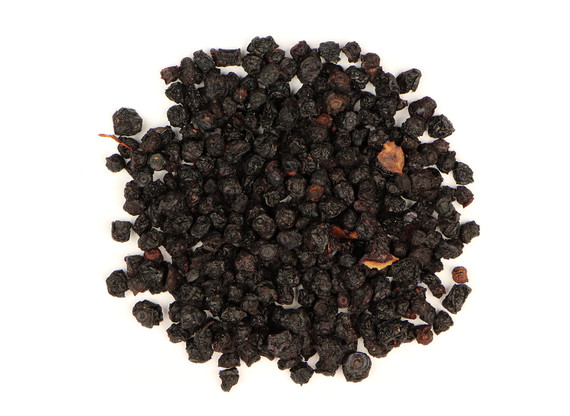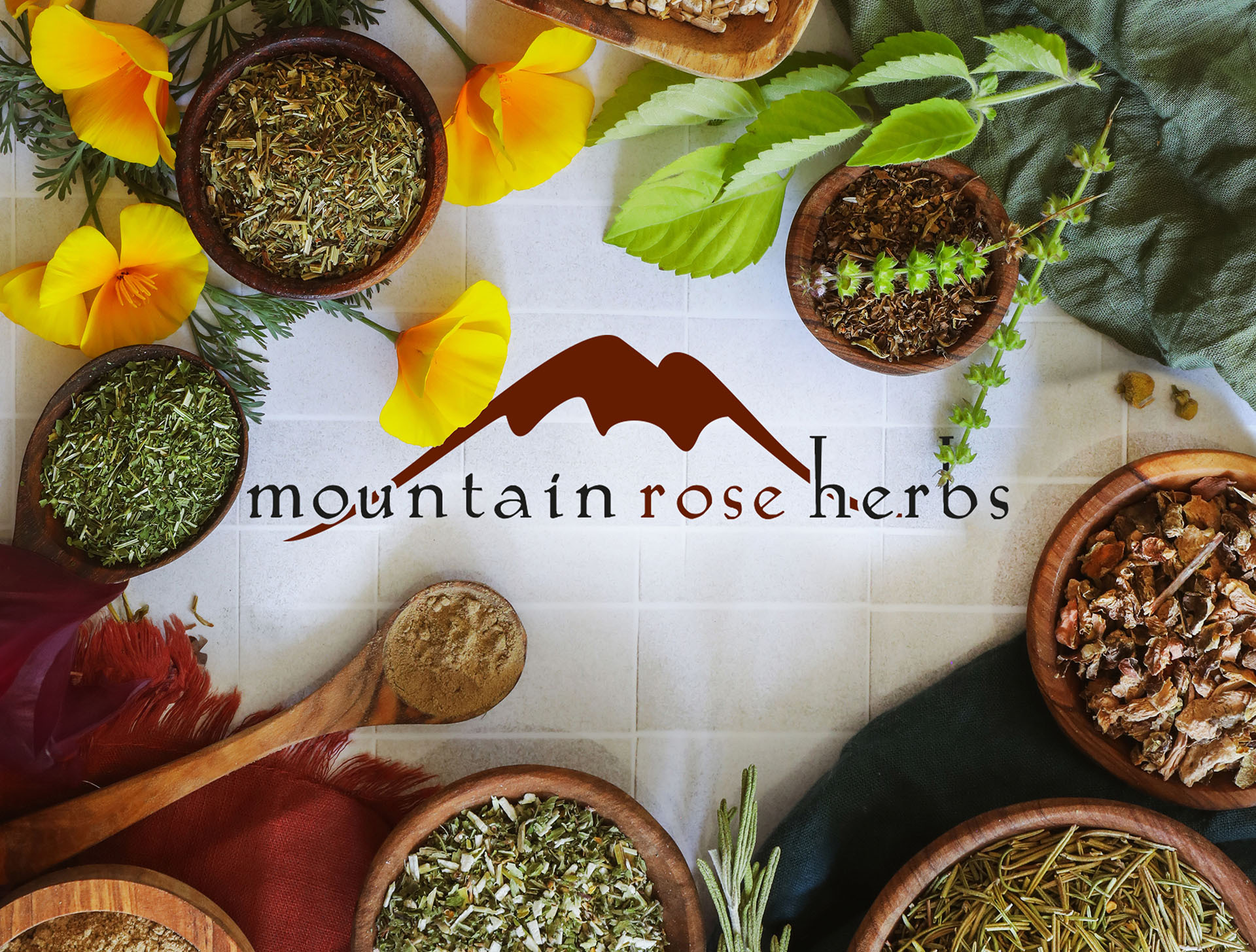When bees collect nectar from flowers, their legs become coated with pollen. These yellow granules are gently collected as the bee passes through a screen upon entering the hive. For thousands of years, bee pollen has been used by civilizations worldwide for its beneficial qualities. This precious pollen can be enjoyed sprinkled in smoothies, yogurts, and salads.
Who could know the health benefits of bee pollen better than a bee? Bee pollen has a long and storied past throughout human history. Hippocrates and Pythagoras both prescribed bee pollen for its healing properties. Native Americans wore pouches containing pollen around their necks on long journeys to eat so they could sustain a high level of energy. The Chinese, Romans, and Egyptians all regarded pollen as a panacea. In China, pollen was first described well over 2000 years ago as sweet tasting and neutral. To this day, China is still the world's largest producer of pollen followed by the United States.
If you intend to store bee pollen for more than a few weeks after purchase, refrigeration is recommended. Dried pollen is typically taken in capsule form, up to 10 tablets a day of up to 500 milligrams each, as an extract, or it may be administered directly or sprinkled on food. Extracts of bee pollen are used in some skin care products.
Precautions
No known precautions. We recommend that you consult with a qualified healthcare practitioner before using herbal products, particularly if you are pregnant, nursing, or on any medications.
This information has not been evaluated by the Food and Drug Administration. This product is not intended to diagnose, treat, cure, or prevent any disease. For educational purposes only.










